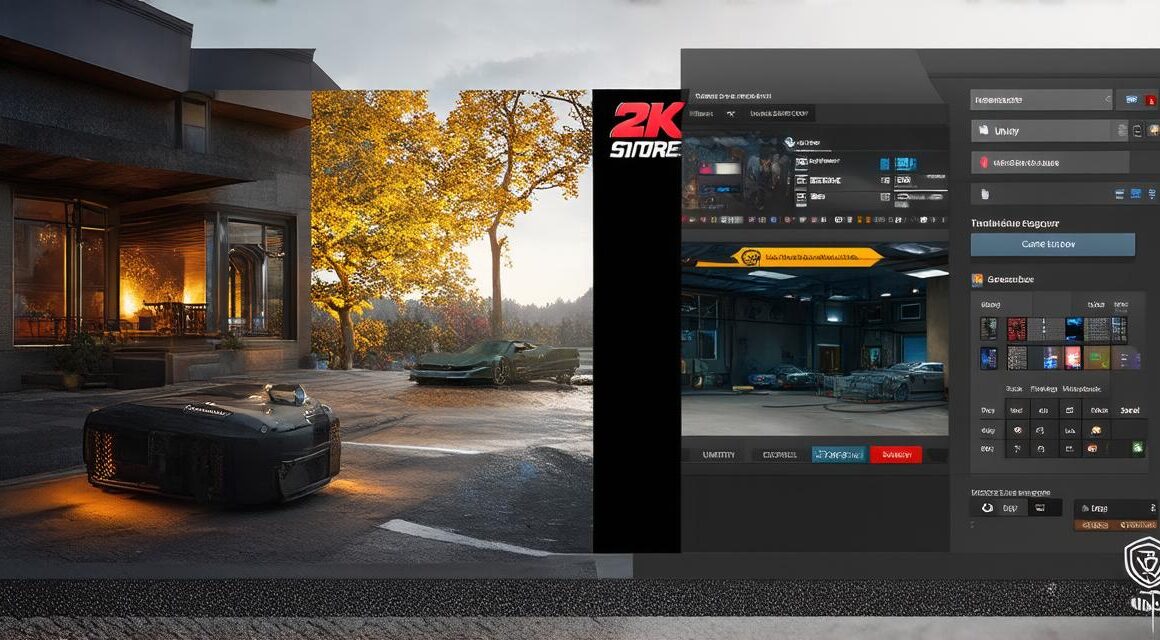When it comes to game development, there are two primary game engines that you need to consider: Unity and Unreal Engine. Both of these engines have their own unique features and capabilities, making them ideal for different types of games. In this article, we will explore the key differences between Unity and Unreal Engine and help you make an informed decision about which one is right for your game development needs.
Introduction:
Unity and Unreal Engine are two of the most popular game engines in the market. Both engines have their own unique strengths and weaknesses, making them ideal for different types of games. In this article, we will explore the key differences between the two engines and help you make an informed decision about which one is right for your game development needs.
Unity:
Unity is a versatile and easy-to-use game engine that is popular among indie game developers and large studios alike. It offers a wide range of features, including support for 2D and 3D graphics, animation, physics, networking, and more. Unity also has a strong community of developers who create a variety of assets, tools, and plugins to help streamline the development process.

One of the biggest advantages of Unity is its cross-platform capabilities. It allows you to develop games for multiple platforms, including Windows, macOS, Linux, iOS, Android, and more, with a single codebase. This can save you a lot of time and resources compared to developing separate versions of your game for each platform.
Unreal Engine:
Unreal Engine is a powerful and feature-rich game engine that is popular among AAA studios. It offers advanced features such as real-time rendering, animation, physics, networking, and more. Unreal Engine also has a strong focus on visual quality, making it ideal for creating games with high-end graphics and special effects.
One of the biggest advantages of Unreal Engine is its support for blueprints, which is a visual programming system that allows you to create complex game logic without writing any code. This can make development faster and more accessible to non-programmers.
Summary:
In conclusion, both Unity and Unreal Engine have their own unique strengths and weaknesses, making them ideal for different types of games. If you are an indie game developer or a small studio looking to develop a game quickly and efficiently across multiple platforms, then Unity is the right choice for you. However, if you are an AAA studio looking to create a visually stunning game with advanced features and complex game logic, then Unreal Engine is the way to go. Ultimately, the decision between the two engines will depend on your specific needs and goals.



